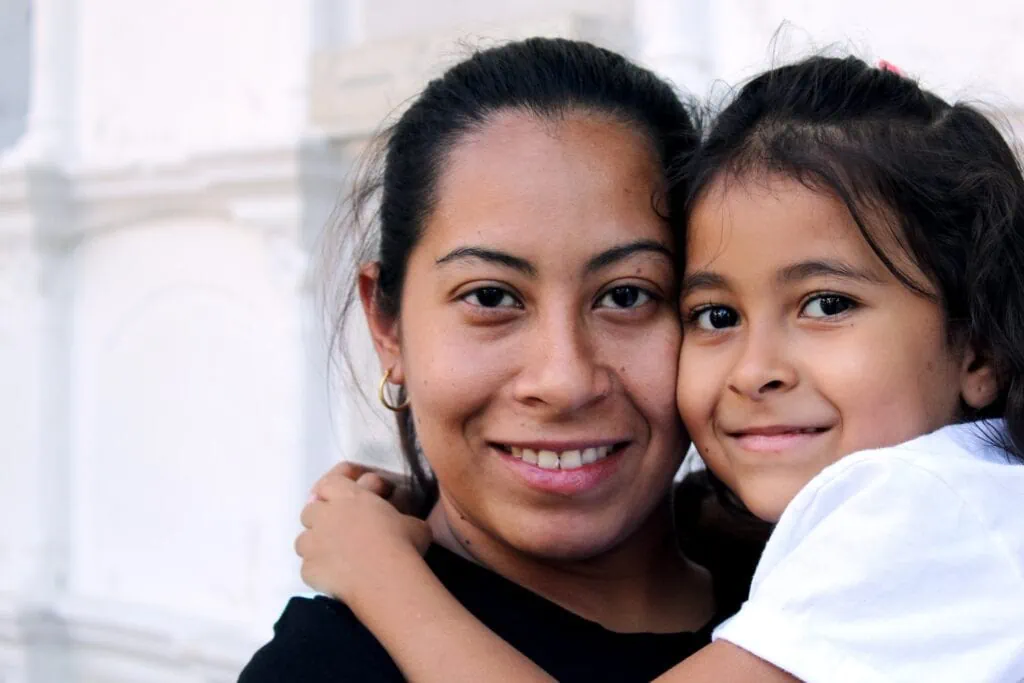
Addiction and Recovery in California's Latinx Communities
California's Latinx communities are vibrant and filled with culture and community. But like other communities, some people live with substance use disorder. Substance use and addiction can happen no matter what background or lifestyle a person is living with. Like other communities in California, this demographic also has substance use and addiction. In fact, according to a report by the National Library of Medicine, Latinx adults in Southern California have higher rates of alcohol and drug dependence than other racial and ethnic groups.
Substance Use and Treatment Accessibility for Latinx Communities
Latino Americans have their cultural viewpoints about drinking and using drugs. Men are more likely to binge drink, especially if they are single. Nationally, Hispanic respondents were more likely to binge drink compared to their Black and Asian counterparts. Almost 30% of young Latinos also reported using marijuana in the past year, with 35% reporting using even harder drugs such as heroin or cocaine.
The 2020 National Survey on Drug Use and Health (NSDUH) found that 12.7% of Hispanic or Latinx people ages 12 and older, or 6.2 million, qualify for substance use disorder. Many disparities also are a challenge. People in the Latino-American community may experience higher unemployment rates, insurance gaps, and even transportation issues that can delay or prevent people from seeking treatment. Getting detox and treatment may be more challenging.
Cultural Considerations for Latinos with Substance Use Disorder
Cultural differences can also make treatment less accessible. But it doesn't have to be that way! Treatment programs can easily accommodate all kinds of cultures. Understanding a person's values and beliefs can help accommodate their needs.
For many Latinx families, nothing comes before the family itself. Leaving them behind to seek treatment could cause financial loss. Some people send money home to families who rely on them and are unwilling to sacrifice that assistance to get help for their addiction. Work, therefore, is also a priority.
Because family is essential, recovery programs should integrate family therapy into treatment plans early. Everyone in the family has a stake in their loved one staying sober. In addition, helping educate family members about substance use disorders and having them participate in the healing is an excellent way to help people remain sober and reduce stigma.
Ending Stigma Through Education
Another barrier some Latino Americans experience is the cultural stigma surrounding seeking help for mental health and substance use. While substance use disorder is now known to be a disease of the brain, not everyone is aware of this. Shame can make seeking treatment complex and painful. However, treatment programs can provide outreach to communities and help clients understand the disease concept of addiction and be prepared to help educate family members.
Language barriers may also prevent some people from seeking help. While many Latinx people speak English, they may feel more comfortable expressing their native language. They also may struggle with speaking on emotional topics in English. Having a Spanish-speaking staff member at treatment facilities can help ease this barrier.
Vibrant Recovery Communities
Many 12-step programs in San Diego are based in Latino communities. There are dozens of Alcoholics Anonymous weekly meetings in Spanish in the San Diego area. No matter what language, anyone who identifies with having a substance use disorder is welcome at open meetings everywhere at Narcotics Anonymous. People who go to treatment and return home to their families often rely on these peer support groups to help them stay sober long-term.
Getting Help for Addiction
Are you or somebody you love struggling with substance use disorder? No matter who you are or where you're from, you deserve to find recovery. Learn more about your options and how we can help by giving us a call. All calls are confidential
Categories
San Diego





